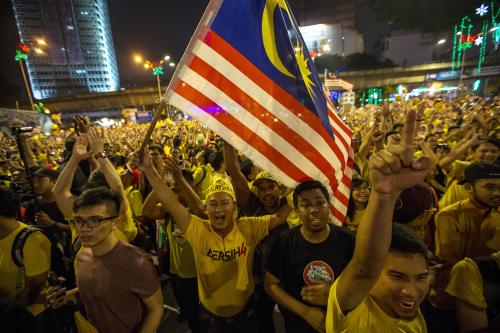

10:00 am EST - 11:30 am EST
Past Event
10:00 am - 11:30 am EST
1775 Massachusetts Ave., NW
Washington, DC
Observers have anticipated significant changes in both Malaysian and Singapore politics in recent months, for very different reasons. They have been disappointed on both fronts. Singapore’s elections in September returned the PAP to power, as expected, but without the decreased margins and expanded opposition check most pundits predicted. In Malaysia, Prime Minister Najib Tun Razak has managed to ride out serious, protracted allegations of corruption and mismanagement, from both the opposition and his own National Front government colleagues. While the specific reasons for the staying power of these governments differ, comparison yields useful insights, from a more sober assessment of the transformative power of social media, to a lens on the relative weight of ideological versus more transactional politics.
On November 12, the Center for East Asia Policy Studies hosted Meredith Weiss to discuss political developments in Malaysia and Singapore. Though she does not anticipate dramatic institutional change in either state, she highlighted the demonstrably changing modes of political engagement and citizens’ expectations of their government in both states. Joseph C. Liow, the Lee Kuan Yew Chair in Southeast Asia Studies, provided comments.
Related Content

Joseph Chinyong Liow
September 15, 2015
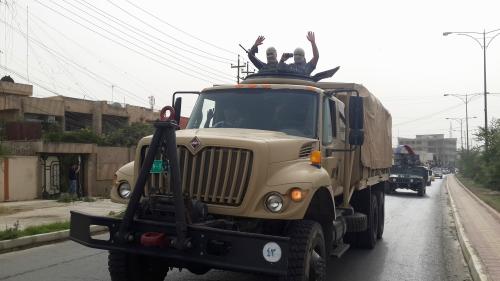
Joseph Chinyong Liow
April 21, 2015
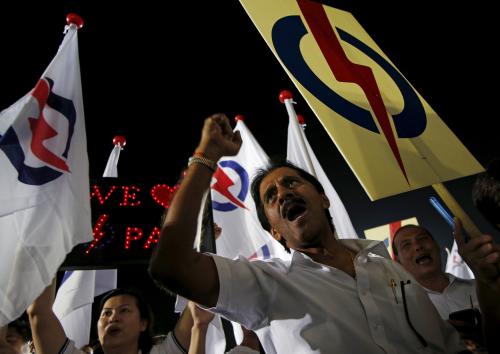
September 22, 2015
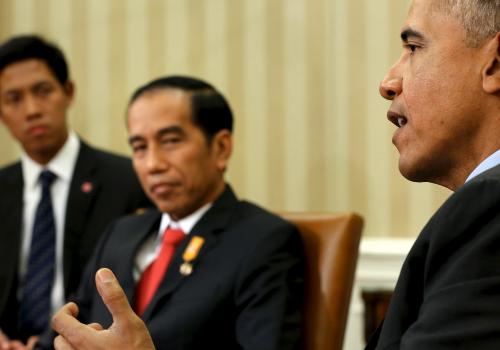
Joseph Chinyong Liow
October 29, 2015
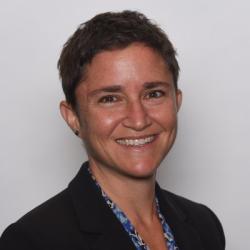
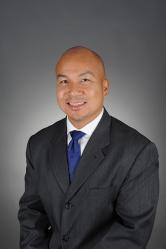

Elaine Kamarck
February 26, 2026

William A. Galston, Elaine Kamarck
February 25, 2026

Scott R. Anderson, Sarah A. Binder, Tonantzin Carmona, Kyle Chan, Vanda Felbab-Brown, William G. Gale, William A. Galston, Daniel S. Hamilton, Ben Harris, Kari Heerman, Aaron Klein, Robert E. Litan, Michael E. O’Hanlon, Elena Patel, Sanjay Patnaik, Mira Rapp-Hooper, Jessica Riedl, Peter M. Shane, Mireya Solís +14 more
February 24, 2026